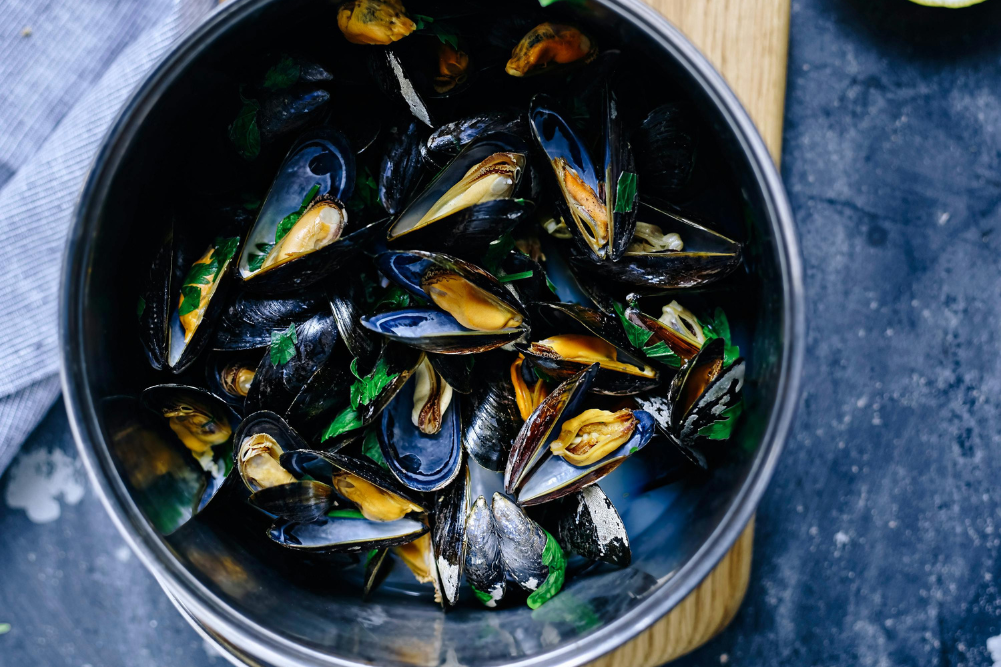Is excessive drinking associated with colder weather?
As the weather becomes colder and winter sets in, we invariably reach out for something warm to drink like coffee, tea, soup and even alcohol. A few glasses of wine or whisky keeps the chills away and you feel instantly warmer.
But is this winter alcoholic drinking causing any havoc in our bodies?
Drinking excessive alcohol has been associated with various problems and ill health effects especially liver cirrhosis, a disease caused by excessive drinking which leads to irreversible scarring of the liver.
For every 1 degree Celsius increase in temperature there is a decrease of alcohol-attributable fraction (AAF) by 0.3%.
Alcohol related liver cirrhosis makes up about half of all the causes of liver cirrhosis and results in 493,000 deaths globally every year.
But what does alcohol related liver cirrhosis have to do with the winter weather?
New data which was presented at The International Liver Congress™ 2017 in Amsterdam, The Netherlands, suggests that colder and less sunny regions of the world have higher rates of alcohol-related cirrhosis.
The research team consisting of members from Canada, Mexico, Spain and the USA, conducted a comprehensive analysis of data which was taken from 193 countries. The data was derived from WHO and World Meteorological Organization databases.
The research team collated all the data on heavy drinking, binge drinking, average temperature, climate, latitude and hours of sunshine yearly to understand the correlation between alcohol and related liver cirrhosis.
The analysis revealed an inverse relationship between mean average temperature, mean annual sunshine hours and alcohol-attributable fraction (AAF). There was a positive relationship between absolute latitude and AAF.
In multivariate analysis, the scientists noted that the average temperature and sunshine hours remained independently associated with the burden of alcohol-related cirrhosis or AAF after adjusting the data for binge drinkers among the active alcohol consumption drinkers.
It was found that for every 1 degree Celsius increase in temperature there is a decrease of AAF by 0.3%.
Heavy alcohol consumption makes people feel warmer while fewer sunlight hours is linked to depression – which leads to more alcohol intake.
Based on the data and the results of the analysis, the researchers suggest that colder countries have higher rates of alcohol consumption and therefore a greater burden of liver cirrhosis.
The data also shows that regions located at higher latitudes have a higher intake of alcohol and as a result a higher risk of liver cirrhosis.
Europe is the heaviest drinking region in the world in terms of prevalence of alcohol and has 1.8% or 170,000 deaths per year which are on account of liver cirrhosis.
Although the findings suggest an association, it does not imply causality but it does provide a strong case for the amount of alcohol intake and the risk of alcohol-related cirrhosis, and that it depends on latitude.
Being mindful of the amount of alcohol you consume to generate that warm feeling during the winter months, will help you and your liver in the long run. Reach out for other ways to keep warm and indulge in warm winter foods.
Source: European Association for the Study of the Liver








